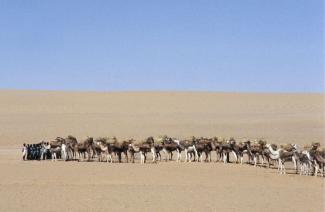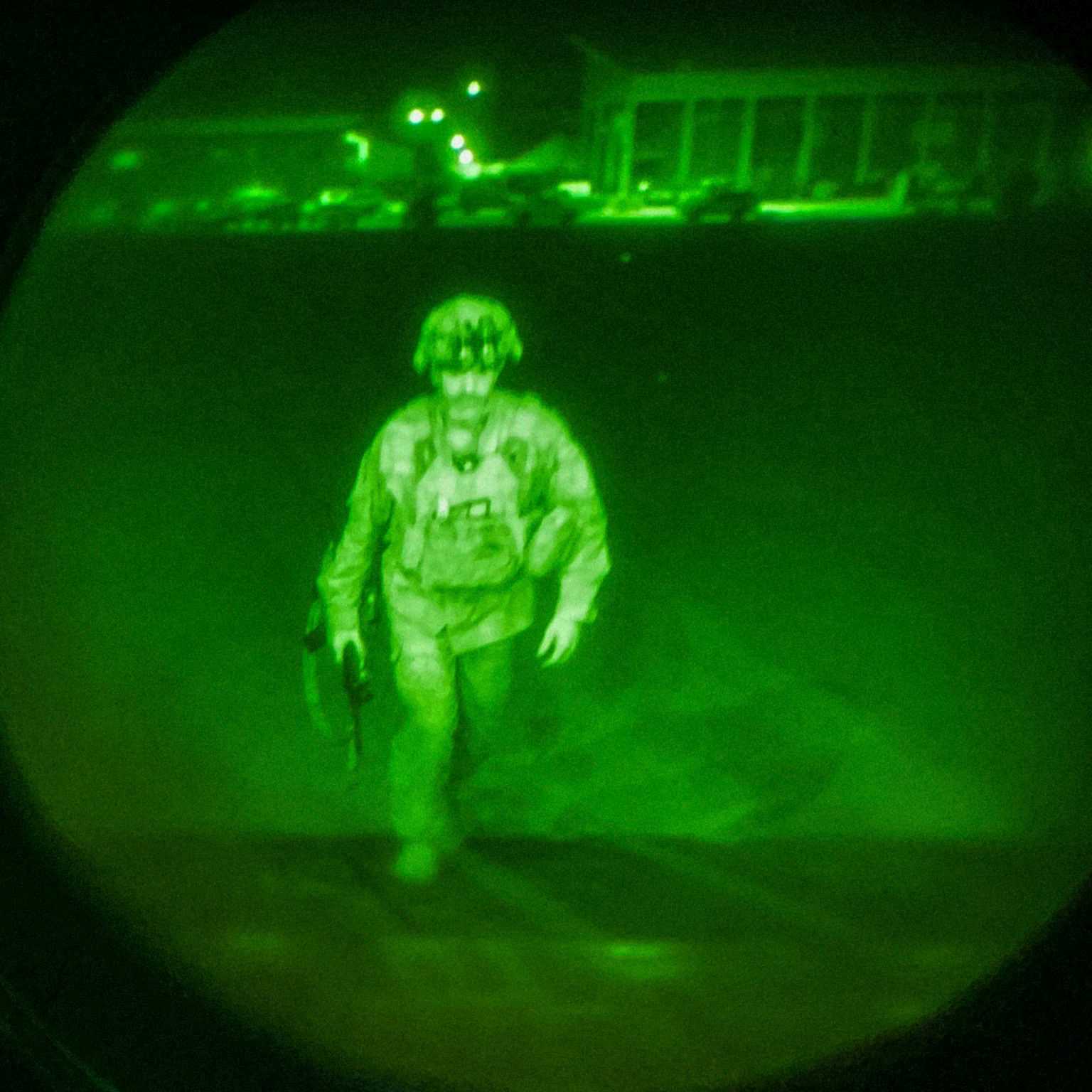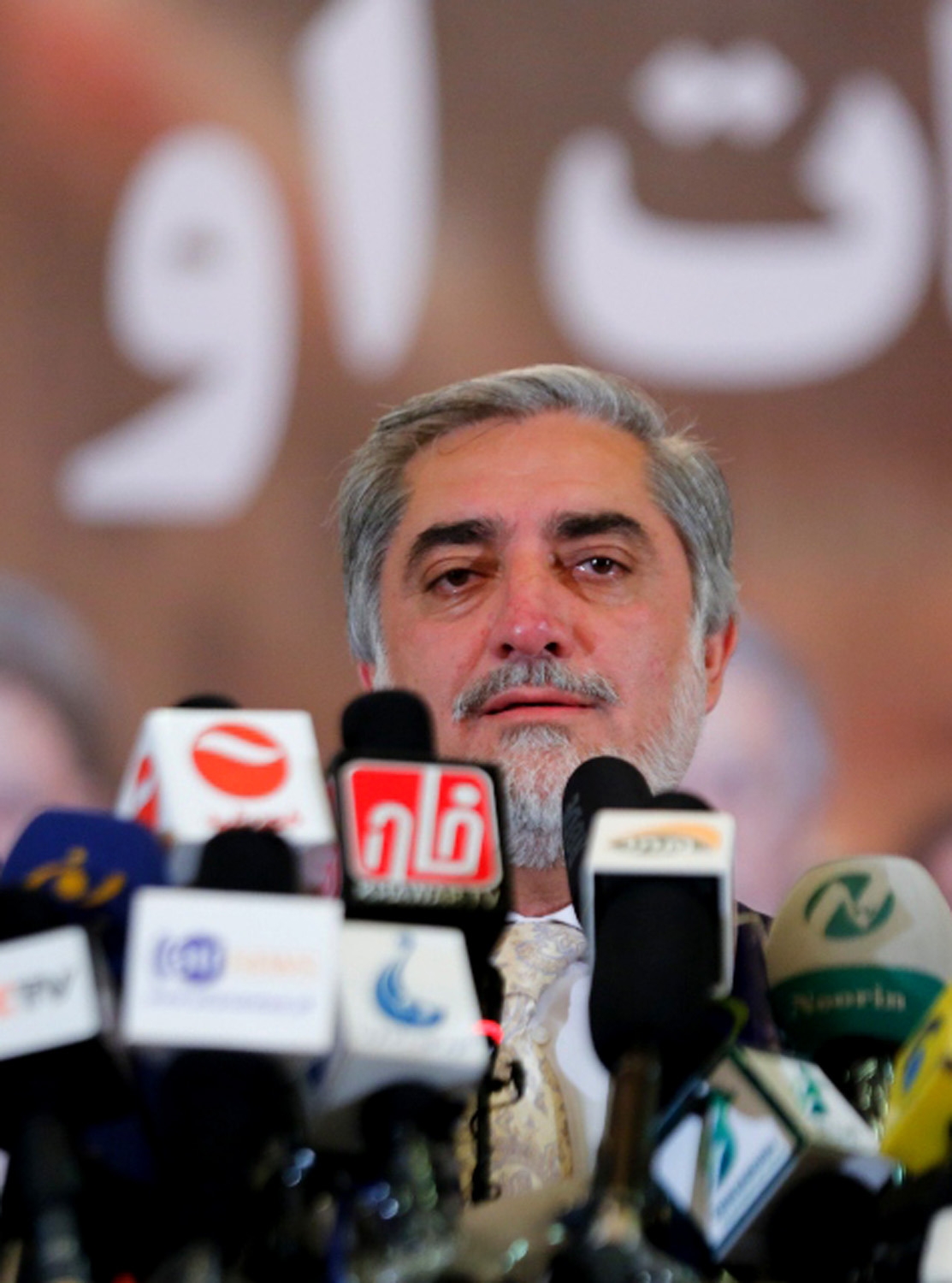Sahel
Lack of statehood

Zahabi Sidi Mohamed, the president of the demobilisation commission CNDDR and a former foreign minister of Mali, is convinced that the first step to finding solutions is to gain an understanding of what the criminal groups in the Sahel region are trying to achieve. He points out that the situation was aggravated by Libya’s collapse, which totally destabilised the region. Many border communities must fend for themselves as no support is provided by state agencies. He says there are unfortunately too many bad governments and too few resources in many African countries.
That view is echoed by Wolf-Christian Paes, an expert on the region at the BICC (Bonn International Center for Conversion). He stresses that dominant clans are involved in the regional dynamics and believes that the whole spectrum of trafficking – arms, drugs, even people – is closely related to Islamist terrorism. Paes says the illegal traffickers use the same traditional caravan routes that have served goods transports for centuries. The criminals benefit from the lack of statehood that marks many local communities. In some cases, they have stepped into structural gaps, including outstanding pay for example. They generate incomes for themselves and their supporters, and bribery matters very much.
Another problem Zahabi Sidi Mohamed sees is the west’s failure to understand the Islamic agenda. He deplores, moreover, that no dialogue is taking place between different varieties of Islam. This is neither happening on “a broad front” nor at an “intellectual level”. He regards that as a major problem and does not believe it is up to the west to get such dialogue started. The initiative needs to come from the Muslim world itself.
Flood of arms
Moncef Kartas from the Graduate Institute of International and Development Studies in Geneva points out that many of the Sahel’s problems were evident before the fall of the Libyan dictator Muammar al-Gaddafi. What changed after Libya imploded was that Libyan arms began to flood the region, and even civilians suddenly had access to weapons. “Large numbers of people turned up with trucks and packed them full of arms which they then stored to sell later at a profit,” the researcher says. He reckons there has always been a tradition of small arms and light weapons trafficking in the region. But when Libya fell apart, the situation swerved out of control, so the international community is now desperately looking for a way out of the mess.
In Kartas’ view, the solutions currently being implemented are far too military-oriented. He wants more civilian peace work to be done. What Libya needs, he says, is the rule of law, not more military force.
Sani Adamu Mohammed agrees. He heads the Small Arms Division of the Secretariat of ECOWAS, the Economic Community of West African States. Its members include the Sahel states Mali and Niger. He appreciates the “ECOWAS Convention on Small Arms and Light Weapons, their Ammunition and other Related Materials”, which was adopted in 2006. The agreement prohibits all international transfers of small arms within the community unless a member state obtains a waiver from the ECOWAS Secretariat. The agreement also includes rules concerning the control of arms production, transparency and information sharing among ECOWAS members. One of its provisions is to create a register of small arms.
Sani Adamu Mohammed admits, however, that the rules are not being observed and asks: “What went wrong?” In his view, more effort is needed to ensure the implementation of the Convention. The problem is that Niger’s and Mali’s borders are far away from the capital cities, and the border areas are neglected by the government. “Border communities are desperate,” Sani Adamu Mohammed explains. In the face of a weak state presence, criminal cartels take over governance roles. Action to strengthen state institutions and governments is necessary, he argues.
At a recent conference held by BICC in Bonn, Susanne Baumann of Germany’s Federal Foreign Office was asked whether German officials realised how near the Sahel is. It is where many migrants, refugees and drugs start their journey to Europe. Baumann replied that Germany is well aware of the many impacts the crisis in the Sahel has on Germany and Europe. This is why the Federal Government decided to lend more support to the region, she said, for example by increasing the number of German troops in Mali. In future, a total of up to 1,000 German soldiers with helicopters will participate in the peacekeeping activities of the UN mission Minusma. She stressed that this is currently Germany’s biggest troop commitment in the world. She added that the Federal Government is also running a range of civilian support programmes.
Zahabi Sidi Mohamed welcomes Germany’s involvement in Mali. At the same time, however, he warns that the mandate is too limited. It is confined exclusively to peacekeeping and does not allow action, for instance, against human traffickers and arms smugglers. His rhetorical question is: “How can you keep a peace that doesn’t exist?” His appeal to the UN is: “Help our countries have strong police forces and armies and revise your mandate!”
Zahabi Sidi Mohamed believes the solution for the region lies in (re-)building statehood. What the Sahel needs, he says, are strong governments that respect laws, stabilise countries and secure borders. But he also sees the need for dialogue between the religions in the region in order to counter Islamist indoctrination against the west.
Zahabi Sidi Mohamed believes that international cooperation often fails to address the problems accurately. In his eyes, the troops deployed in Mali are an example. They train Malian soldiers, he says, but do not provide them with the adequate equipment. Without that equipment, the Malian army cannot do its job.












